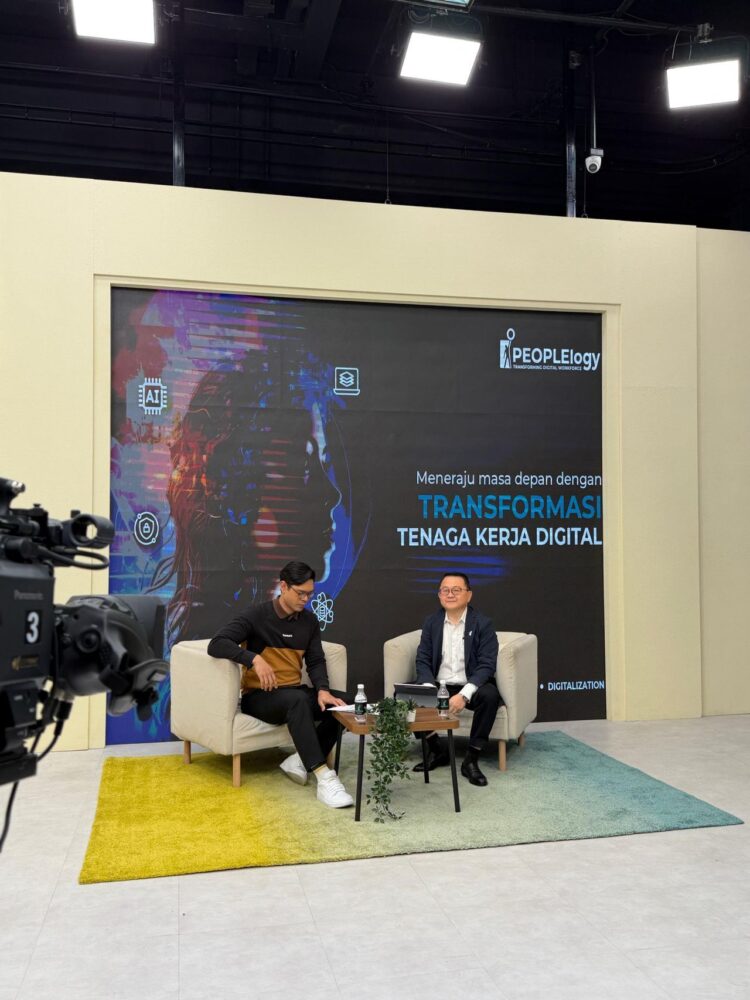Net Zero Coalition and 2030 Agenda for Sustainable Development are significant goals which are being implemented to promote a more sustainable future. Modern businesses are doing their bid to promote a greener economy and making these goals a reality. According to an article by the National SDG Centre, Malaysia has achieved 43% of its sustainable development goals, far outpacing the global average of 17%.
That said, sustainability should always be top of priority for organisations to create a greener environment.
Recently, Tenaga Nasional Berhad (TNB) restructured its electricity tariff. Effective 1st July 2025, businesses in Malaysia will experience a notable change in its operational expenses. While the new tariff is designed to reflect the true cost of electricity, it also encourages smarter energy consumption among businesses.
TNB’s new electrical tariff system offers an Energy Efficiency Incentive for lower consumption and has expanded its Time-of-Use (ToU) scheme, which rewards businesses for using electricity during off-peak hours.
By becoming more energy-efficient, businesses can save money on their electricity bills and show their commitment to ESG goals, which can help reduce carbon emissions, aligning them with global sustainability efforts and positioning them as responsible leaders.
If you’re a leader or key decision maker of an organisation, here are five practical ways you can improve your organisation’s energy efficiency, which can boost your cost-savings efforts and lead to a more sustainable future.
5 Ways to Be More Energy Efficient
i) Conduct a more comprehensive energy audit
First, understand your organisation’s energy habits with an energy audit. This “check-up” looks at everything from lights to factory machines, identifying where energy is wasted.
It helps you pinpoint issues such as old, power-hungry equipment or poor insulation. This way, you can focus on changes that save the most money and track your progress.
ii) Switch to energy-efficient lighting
Lights consume a lot of electricity. Switching to LED lights can save significant energy. LEDs use less power, last longer, and produce less heat, thus reducing cooling needs.
Add motion sensors to turn lights off in empty rooms and daylight controls to adjust brightness based on natural light. This upgrade is typically affordable and offers quick savings.
iii) Smarter use of air-conditioning
Heating, Ventilation, and Air Conditioning (HVAC) systems are huge energy users. Regular maintenance, like cleaning air filters, is key. Use smart thermostats to adjust temperatures based on occupancy and time. For larger buildings, centralised control systems can precisely manage heating and cooling, preventing waste in unused areas. Good building insulation also significantly reduces HVAC workload.
iv) Use smart plugs and power saving tools
Many devices draw “phantom power” even when off. Smart power strips or central management systems can cut power to unused devices, especially after hours. Encourage employees to turn off electronics at the outlet.
For server rooms, ensure correct AC settings and regular equipment service. Consider replacing old office equipment with energy-efficient models.
iv) Comply with TNB’s off-peak and incentive plans
The new TNB electricity prices offer lower rates during off-peak hours (from 10 PM to 2 PM the following day, on weekdays and all day weekends or holidays.)
Shift energy-intensive tasks, like running machinery, to these times. Consider exploring TNB’s Energy Efficiency Incentivefor lower consumption. Taking advantage of these plans and incentives can turn higher tariffs into cost savings and boost your sustainability efforts.
Take practical steps now to foster a greener environment
Embracing energy efficiency in the workplace is no longer just an option but a strategic imperative. With rising electricity tariffs and global sustainability goals like Net Zero, businesses must act to preserve the environment and cultivate green practices within the workplace.
By implementing actions that can increase your organisation’s energy efficiency, you will be instrumental in fostering a more sustainable future, demonstrating corporate responsibility and leadership in the green economy.





